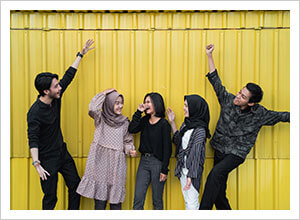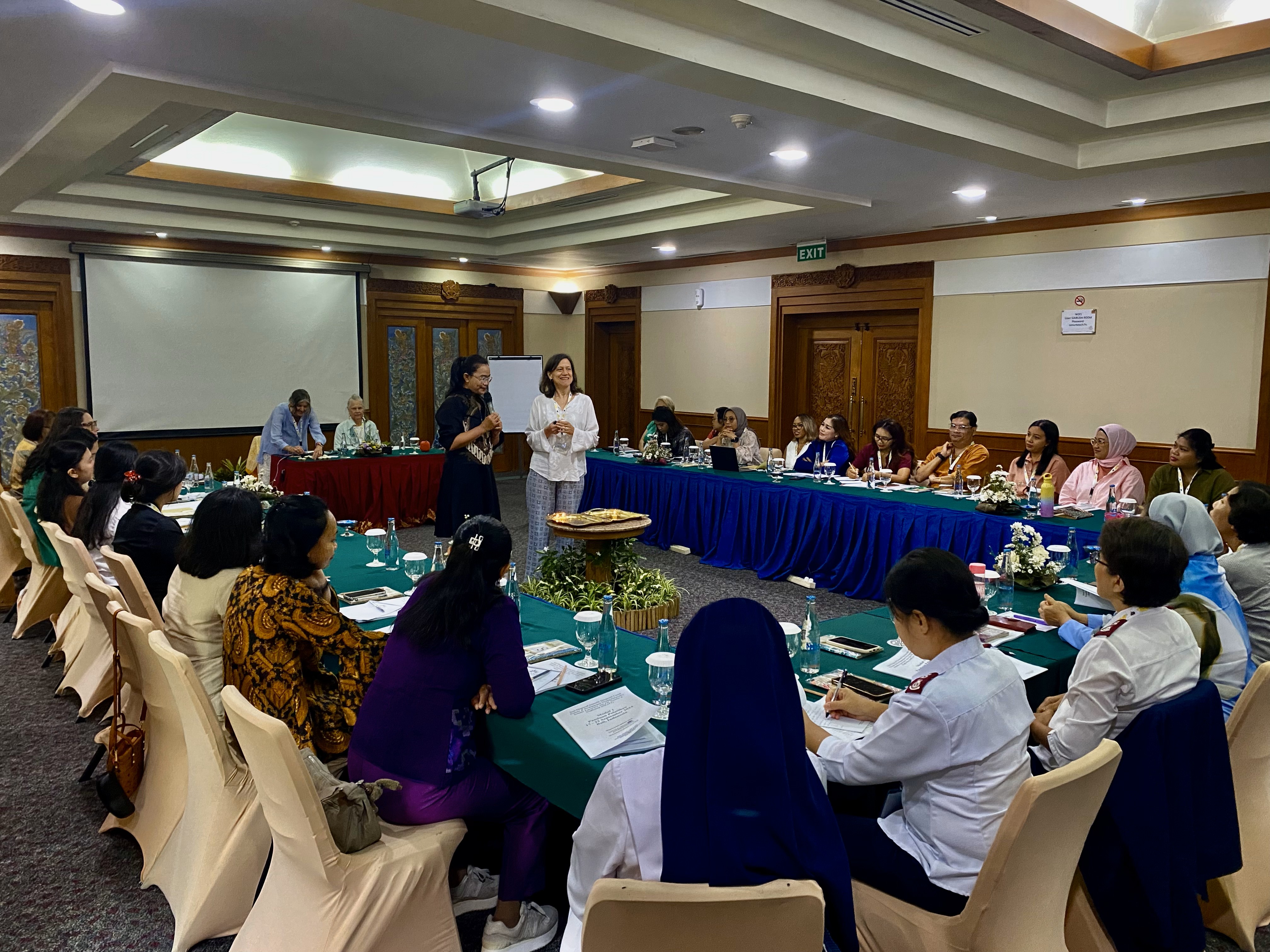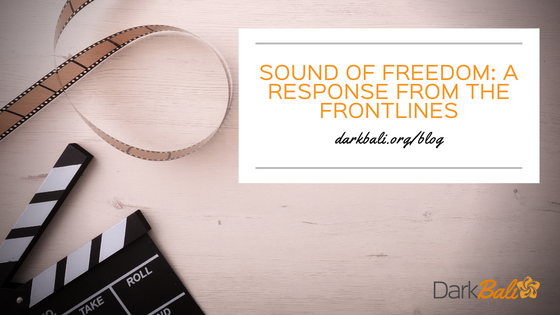![]()
The Reality of Human Trafficking in Indonesia
Indonesia is a beautiful nation filled with stunning landscapes, rich culture, and hospitable people. It is also a hotspot for human trafficking. According to the Global Slavery Index, there are an estimated 1,833,000 Indonesians enslaved today. Many of these men, women, and children are trafficked for labor or domestic servitude domestically and internationally, while others are exploited in the sex trade. 43% of Indonesian trafficking victims are between the ages of 14-17.
Conditions That Create Vulnerabilities
While many parts of the country are economic hubs due to tourism or trade, Indonesians from impoverished areas are seeking better education and job opportunities. Many migrate out of the country with promises of well-paying jobs only to find themselves enslaved as domestic workers or in the fishing, agriculture, logging, or sex industries. The demand for sex services in larger cities by both foreign sex tourists and local consumers has created a pipeline for adult and child victims of sex trafficking from all over the country. According to the Trafficking in Persons report, the nature of trafficking across Indonesia is complex and recommendations include investing in training and support of governmental services and civil society organizations, including the development of the anti-trafficking task force.
Helping Combat Trafficking
Human trafficking takes place within a sophisticated network of criminals, and combatting human trafficking effectively requires an equally sophisticated community of abolitionists. Put simply, this enormous injustice cannot be solved by any single organization. For this reason, Dark Bali is committed bringing together every individual and organization fighting human trafficking in Indonesia so that we can function as one coordinated and powerful unit.














